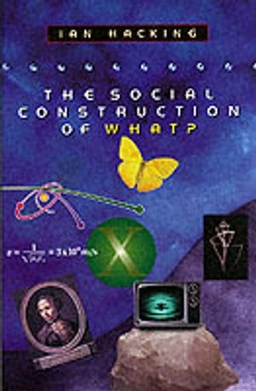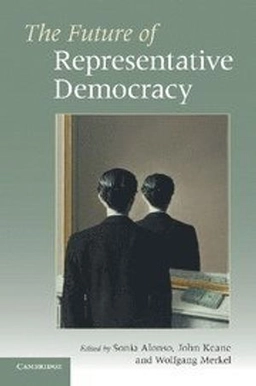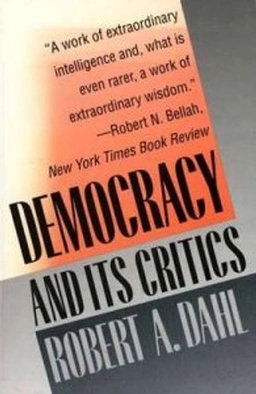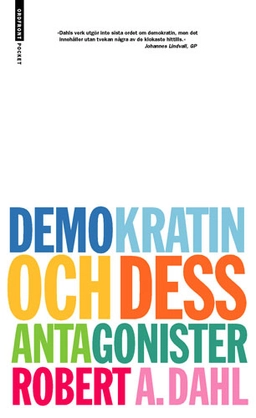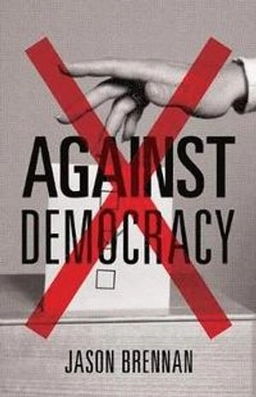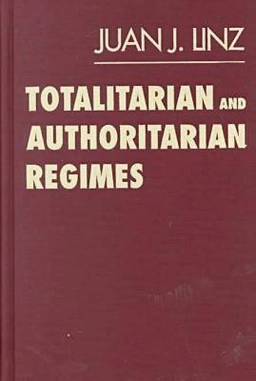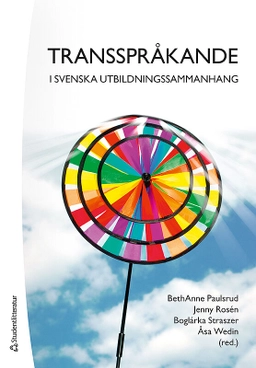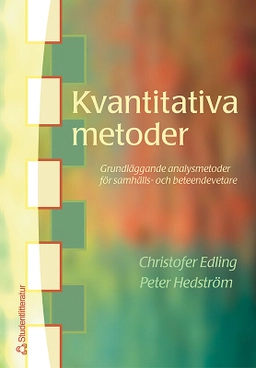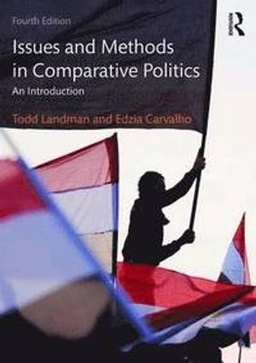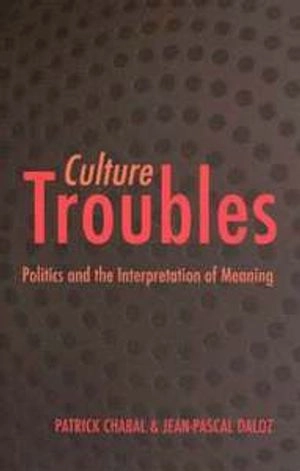

Culture troubles : politics and the interpretation of meaning
- Utgiven: 2006
- ISBN: 9780226100418
- Sidor: 362 st
- Förlag: University of Chicago Press
- Format: Häftad
- Språk: Engelska
Om boken
Åtkomstkoder och digitalt tilläggsmaterial garanteras inte med begagnade böcker
Mer om Culture troubles : politics and the interpretation of meaning (2006)
2006 släpptes boken Culture troubles : politics and the interpretation of meaning skriven av Patrick Chabal. Den är skriven på engelska och består av 362 sidor. Förlaget bakom boken är University of Chicago Press.
Köp boken Culture troubles : politics and the interpretation of meaning på Studentapan och spara uppåt 10% jämfört med lägsta nypris hos bokhandeln.
Referera till Culture troubles : politics and the interpretation of meaning
Harvard
Oxford
APA
Vancouver


![The Foucault reader : [an introduction to Foucault's thought, with major new unpublished material]; Michel Foucault; 1986](/images/format:webp/size:256:0/quality:100/asset/book-cover/the-foucault-reader-an-introduction-to-foucault-s-thought-with-major-new-unpublished-material-9780140124866)


